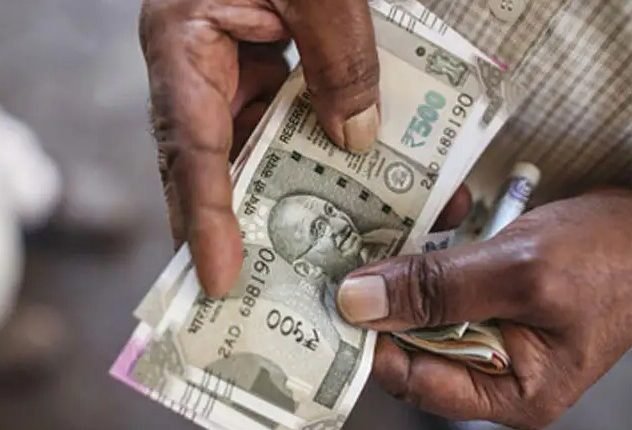From PAN to Penalty: Unravelling India’s Sneaky Cash Deposit Limits
Depositing large amounts of cash isn’t illegal, but the IT Department monitors high-value transactions — here’s how to stay compliant and avoid scrutiny.
Banks May Not Stop You, But the Taxman Is Watching
Ever wondered if depositing bundles of cash in your bank account could attract the attention of the Income Tax (IT) Department? While banks don’t impose a strict cap on deposits, the IT machinery is designed to track suspicious or high-value transactions. Smart savers need to understand the rules to avoid unwanted scrutiny.
PAN Card Is Your First Checkpoint
Depositing over ₹50,000 in a single day triggers a requirement to quote your PAN card. This is not bureaucratic red tape for its own sake — it’s a measure to flag high-value transactions and prevent tax evasion or accumulation of unaccounted wealth.
The ₹10 Lakh Annual Threshold for Savings Accounts
Banks automatically report your savings account activity to the IT Department if your annual deposits exceed ₹10 lakh. While this is not illegal, it raises a yellow flag, prompting queries about the source of funds.
For business owners with current accounts, the reporting threshold is higher — up to ₹50 lakh per year — offering a bit more leeway for legitimate cash inflows.
ATM and CDM Machine Limits
Tech-savvy depositors should also note limits for machine deposits:
-
HDFC CDM machines: ₹2 lakh per day
-
SBI ATMs: ₹2 lakh per day
Regardless of method — teller, ATM, or CDM — transparency is key to avoiding unnecessary alerts from the IT Department.
Why the IT Department Monitors Cash
The Income Tax Department isn’t out to punish honest earners; its focus is tracking unaccounted wealth. Receiving a notice is not an automatic penalty — you simply need to document the source of funds (salaries, gifts, property sales, etc.) to satisfy the authorities.
However, if your deposits don’t align with declared income, be prepared for audits, penalties, or even prosecution under the Income Tax Act.
Tips to Stay Clear of Tax Trouble
-
Maintain transparent records of all deposits.
-
Report large inflows accurately in your IT returns.
-
Use digital payments wherever possible to reduce cash handling.
-
Understand your account thresholds for reporting.
Bottom Line
A hefty bank balance is always satisfying — but in today’s digital age, it comes under scrutiny. Keep your books clean, ensure transparency, and avoid the stress of unwanted notices. In short: be smart with cash, and the taxman will have no reason to knock on your door.



Comments are closed.